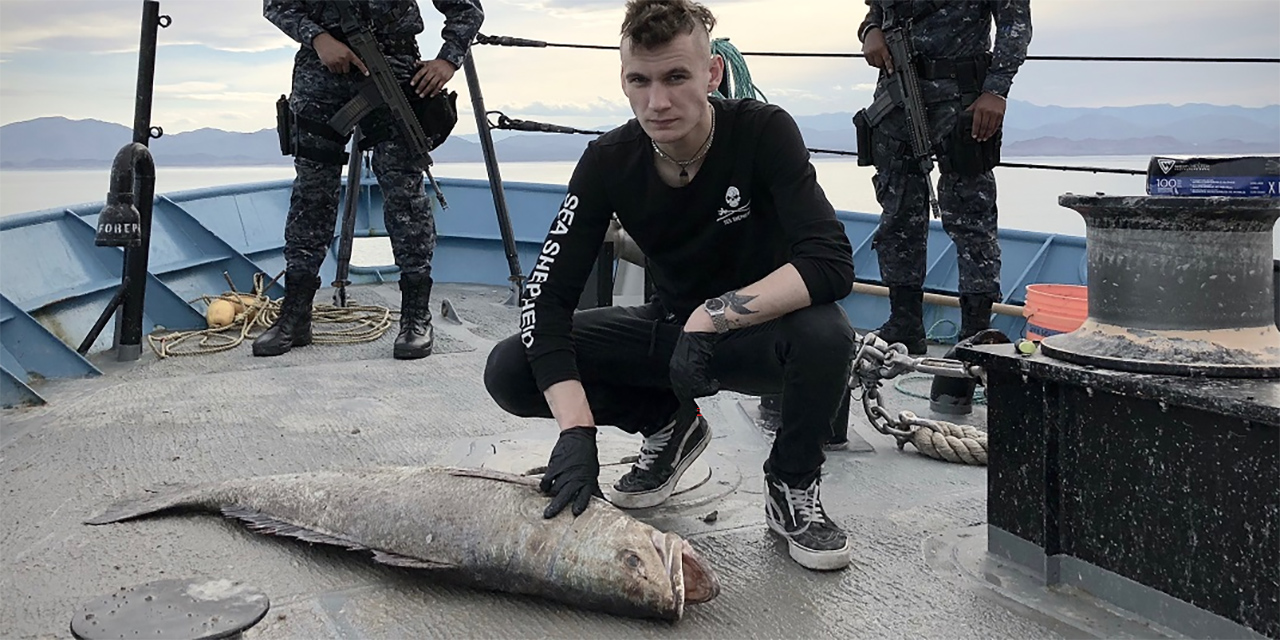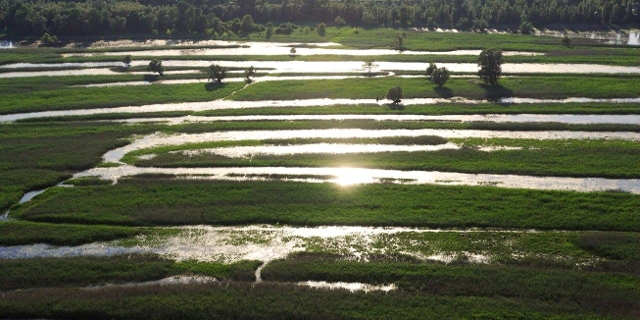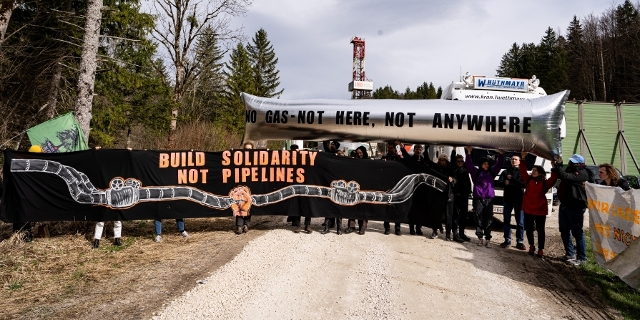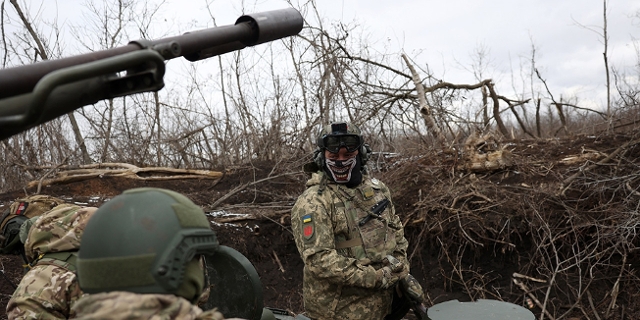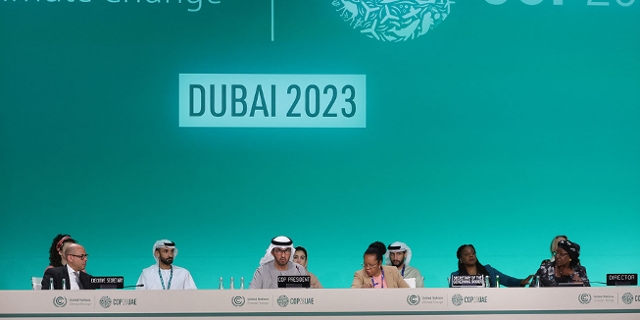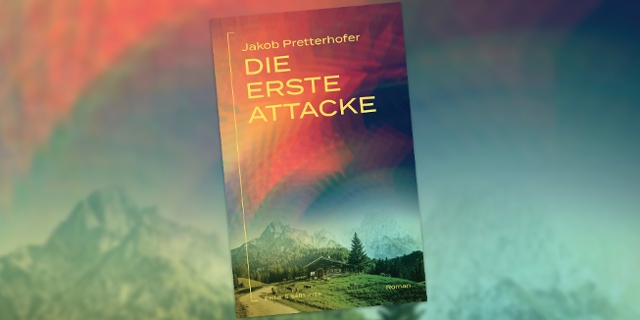„Sea of Shadows“: Whale vs. The Mafia
Von Chris Cummins
It’s night-time. We’re on a rocking boat. There are shouts. People are running about. The camera is wobbling. Shots are fired. There’s swearing. There’s confusion. We’re onboard a ship manned by environmental activists of the Sea Shepherd Conservation Society as they track and confront illegal fishermen who are funded (and armed) by the Mexican organized crime cartels in the waters of the Sea of Cortez.
With this high-voltage, thriller style opening, the documentary Sea of Shadows, directed by Austrian Richard Ladkani and executively-produced by Leonardo di Caprio, immediately gets your pulse racing.
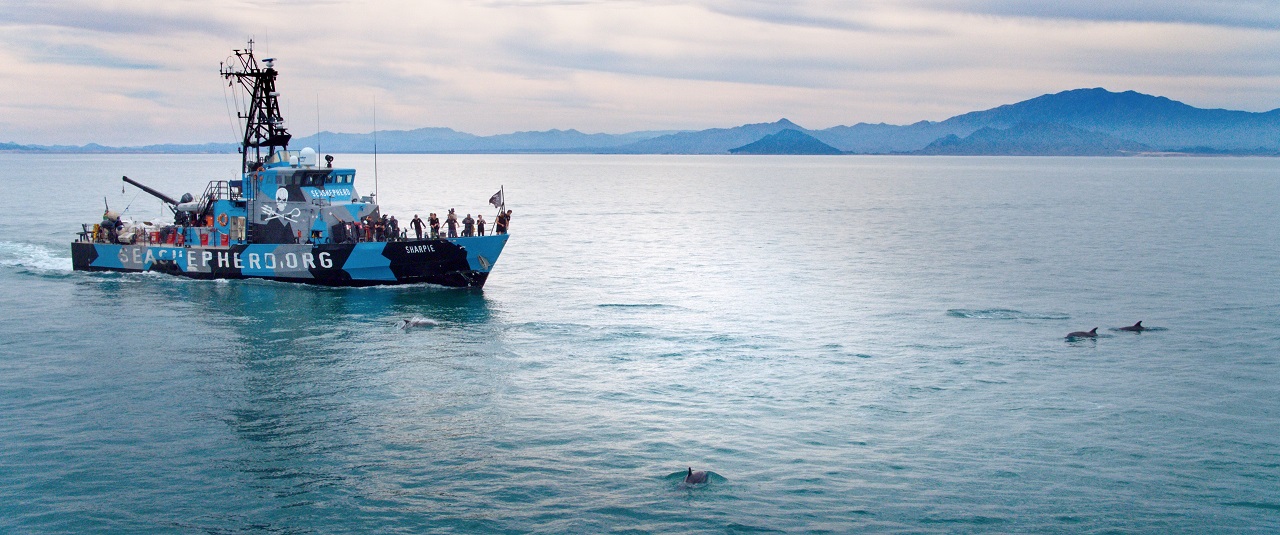
Terra Mater
Ladkani was holding the camera himself during these chaotic scenes and the filming left a deep impression. “What I found amazing were these young activists, there’re average age must be 22 or 23,” he told me. “They are risking their lives out there, confronting the Mexican cartels. They get shot at, they get fire-bombed. But they just believe in the value of their mission.”
Walls of Death
That mission is to battle the illegal “wall of death” barrier nets that are devastating the biodiversity in the Sea of Cortez, those cartel-controlled waters of Mexico’s west coast that Jacques Cousteau once called “the world’s aquarium”.
Now, tragically, it’s an ecological crime scene and the most iconic victim is a doe-eyed tiny whale species, called the vaquita, that has been driven to the brink of extinction.
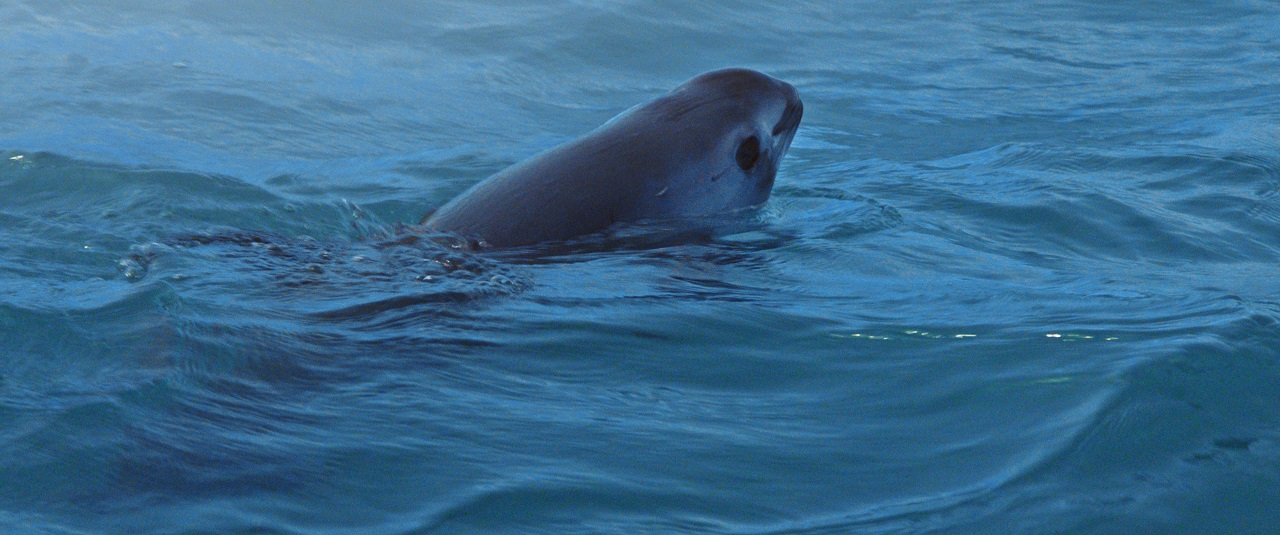
Terra Mater
The vaquita is not the explicit target of the cartels, it is just collateral damage. The illegal fishermen are after a local fish called the totoaba which is itself endangered. For some reason, Chinese consumers have got it into their heads that the swim-bladders of this species of fish has certain magical medicinal properties.
Treasured Bladders
These bladders, which have become known as the “cocaine of the sea”, can fetch up to $100,000 dollars on the Chinese market. The fishermen hand them on the to the cartels who use bribery, corruption and threats to get their treasured bladders through all the check-points in their way to their organized crime counterparts in China.
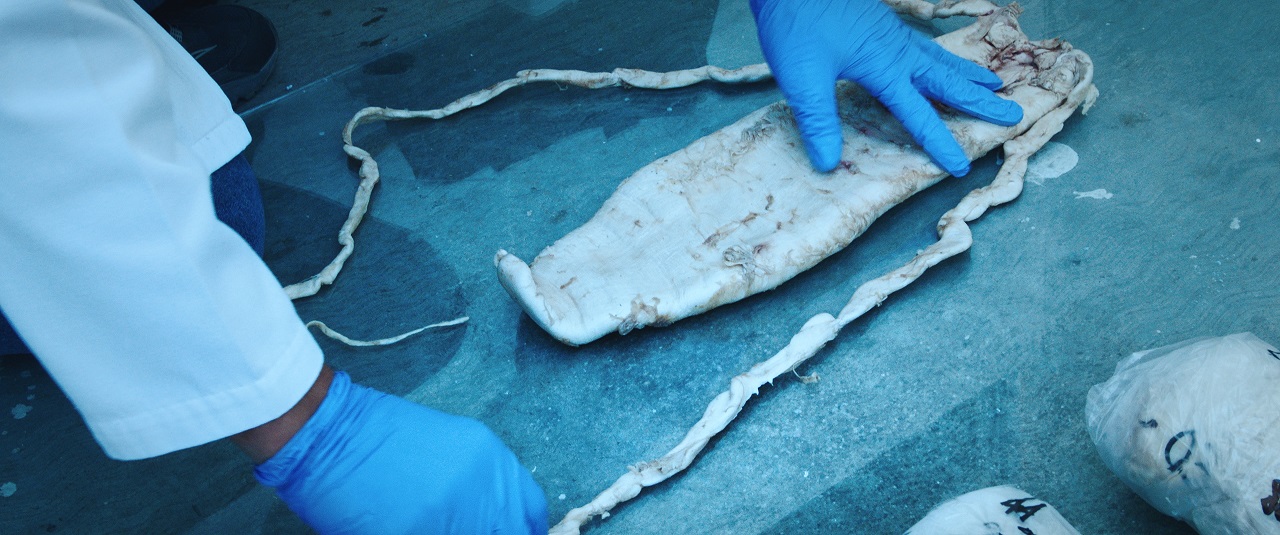
Terra Mater
The bladder of a totoaba
To catch the totoaba, the illegal fishermen hang out gillnets. These are vertical panels of netting that hang from a line and entangle pretty much every sizeable aquatic being passing by. That means totoabas, turtles, sting-rays or even vaquitas – of which there are estimated to be only 15 left.
A Symbol of Destruction
“It’s the most endangered sea mammal on Earth,” explains Ladkani, whose film won the audience-prize at this year’s Sundance Film Festival. “We wanted to shine a light on this because we want the world to understand that what is going on in the Sea of Cortez is a symbol of what is going on with our planet. When you go after our planet for greed and for money, this is what you get: organized crime at its worst killing off our planet without any hesitation. And when they have destroyed a certain area, it is gone. It’s not coming back.”
Ladkani was introduced to the issue by his friend and long-term collaborator Andrea Crosta, an undercover organized crime investigator who specializes in poaching. The two worked together in Ladkani’s previous film The Ivory Game which investigated the international networks that drive elephant poaching.
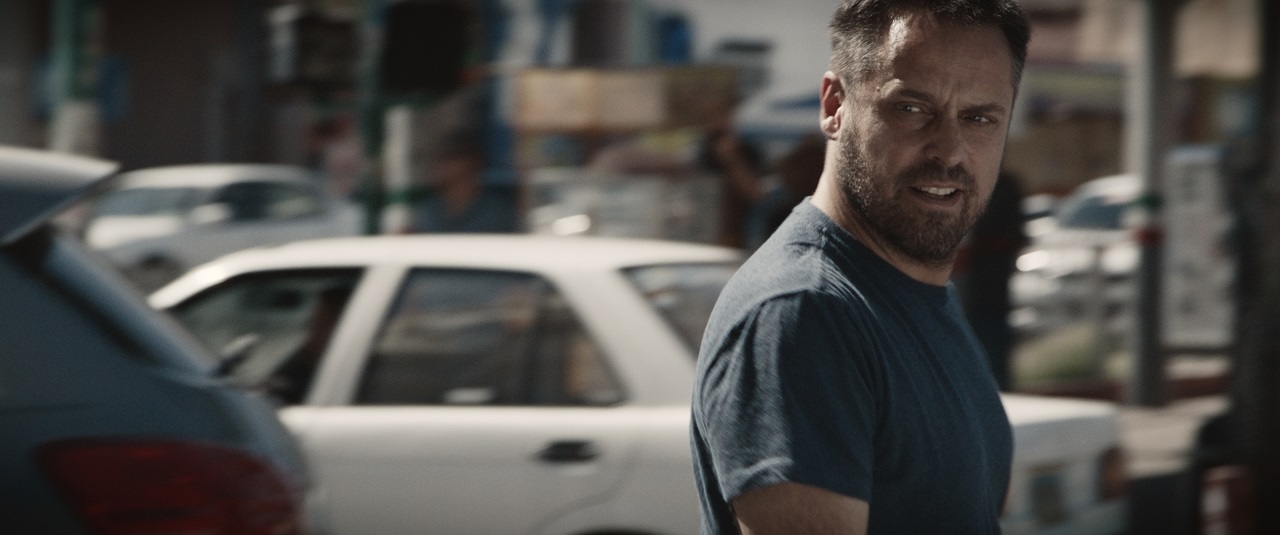
Terra Mater
Crosta is a compelling figure and serves as a human focal point for this complicated issue. With a soft voice but a burning conviction in his eyes, he feels like the voice of our troubled conscience. He is also incredibly brave. He provides Ladkani with footage of turn-coats from the supply chain he’s trying to break. Their faces are intentionally blurred and their voices distorted but the scenes, again, bring us breath-takingly close to the core of the story. Ladkani is filming from the outside, Crosta brings us right inside.
A Scientific Experiment
Part way through a new strand of the story develops. This section at first seems bathed in light and hope. A team of conservationists led by Dr. Cynthia Smith are on a mission on the sun-glittered Sea of Cortez to capture a vaquita, which is indigenous to the Sea of Cortez. The idea is to take it temporarily out of harm’s way by putting it in a protected sea-pen. It’s a way of buying time for the species until their habitat is deemed safe again.
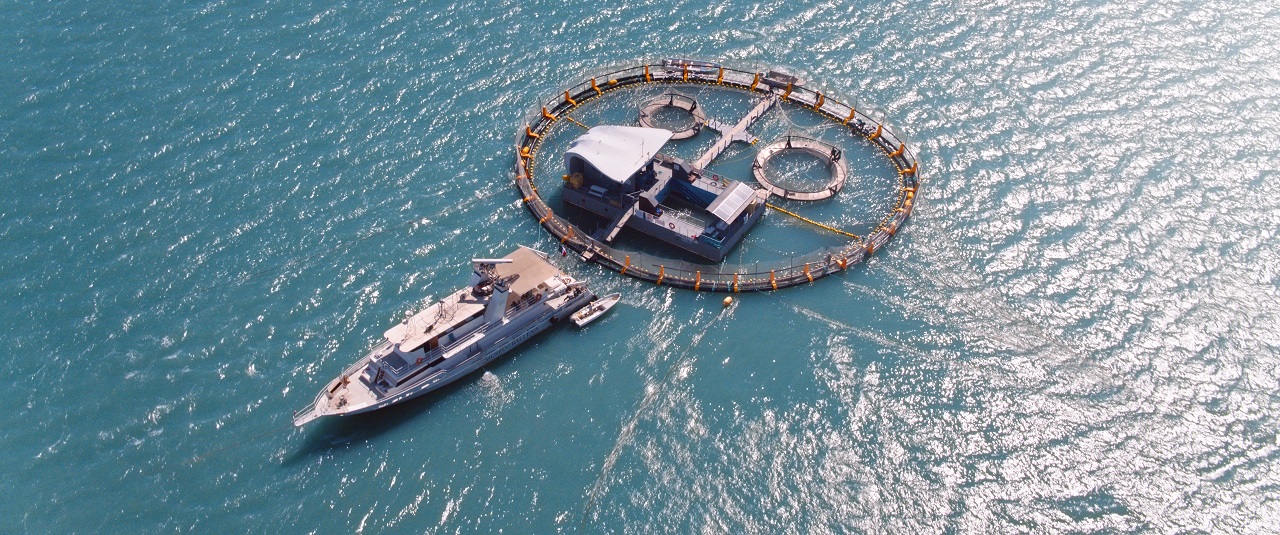
Terra Mater
That’s the plan. But safely capturing this shy and rare marine mammal is an epic task. At least the proverbial needle in the haystack stays still; whereas the vaquita is both extremely reclusive and as fast as an arrow. Finally, however, the team does manage to locate one. As the scientists encircle the vaquita in small boats, once again Ladkani, that inveterate man of action, is there with his own hand-held camera and a series of Go Pros. We are taken to the heart of the action; on the swell of the ocean amid the clamour and near-panic of a vital but delicate operation.
Activist Filmmaking
That’s the genius of Ladkani’s filmmaking. As he did in The Ivory Game, he draws the audience skilfully in and makes everyone feel involved. Biodiversity issues are vital, ultimately for our own survival, but films about our natural world can feel too slow-paced or earnestly lecturing to bring in a mainstream audience.
The fact that he is there on the frontline sharing the hopes, fears of the film’s protagonist, experiencing at first hand the swell and troughs of their emotions, his film has an urgency and humanity many documentaries miss. Ladkani doesn’t pretend to be watching from the safe, neutral distance; he is passionately involved, and he wants you to be involved too.
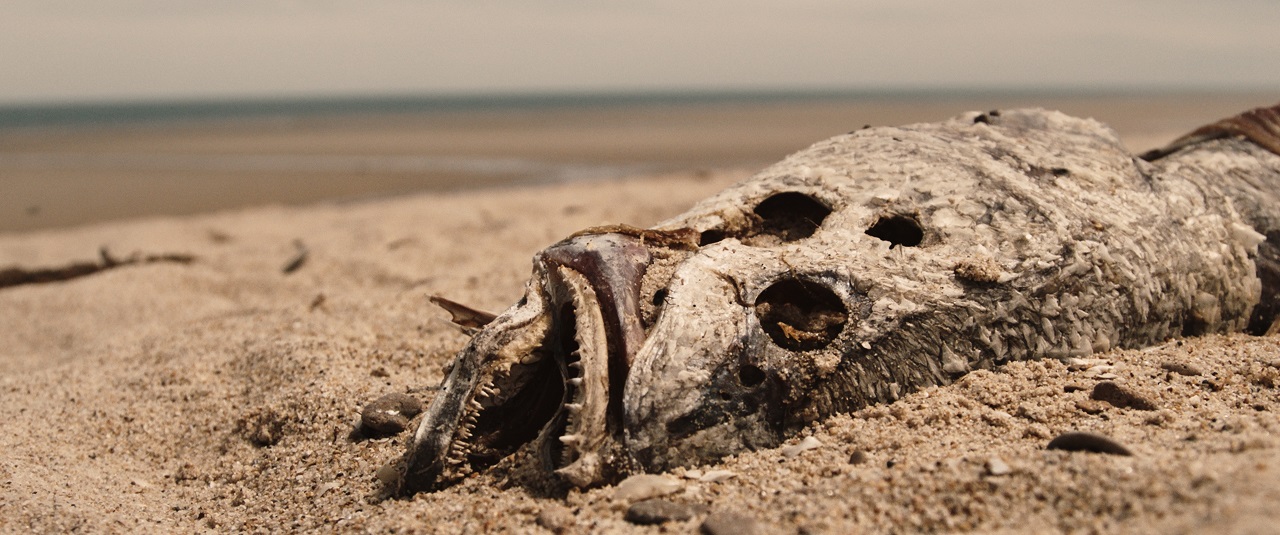
Terra Mater
With H Scott Salinas’ wistful, Spanish guitar-inflected score kept me in a state of high emotionality and I didn’t just watch but also felt every twist and turn in this remarkable documentary. The scenes involving the Mexican military’s flawed struggles against the cartel struggles have all the sense of dread and jeopardy that I felt watching the fictional drama of Sicario.
Meanwhile, a scene when Dr Smith and her scientists struggle with the well-being of the wide-eyed terrified vaquita they have captured, it is so heart-wrenching that it literally moved me to tears. The tiny whale, which looks so cute it could have been dreamt up my Disney, seems like an emblem of perfect innocence in a greedy world that, at times, feel utterly evil.
This is a vivid life and death struggle in more ways than one; and Richard Ladkani’s direct unflinching filmmaking has removed the issue of the vaquita, and biodiversity in general, from the flicked-over news in brief sections of the media right into hearts. I have been unable to forget the haunting scenes of Sea of Shadows.

FM4
Filmaker Richard Ladkani tells us the story of his documentary on conservationists efforts to save the world’s smallest whale.
It is also brave filmmaking. The watchers were being watched. Although the filmmakers tried to dress up their project as an innocuous David Attenborough-style nature documentary, it soon reached the cartel boss Oscar Parra. Known as the “Totoaba Tsar”, Parra has a dangerously unhinged reputation. He was known to be often high on crystal meth. While Ladkani and his team were in the neigbourhood, Parra shot dead a policeman outside a nightclub for no apparent reason.
When a henchman of Parra turned up where the film-team were staying and invited them for an “interview” at the cartel boss’ home, Ladkani turned it down.
“I didn’t want to the house of a guy who is heavily armed, with plenty of machine guns and plenty of bad guys around him. I knew that if he was in a bad mood, or if I asked the wrong questions, he might just kill me.” Later, when another gangster gestured with his hand as if he was firing a pistol at the team, Ladkani knew it was time to finish the shoot and head out of Mexico to the editing room.
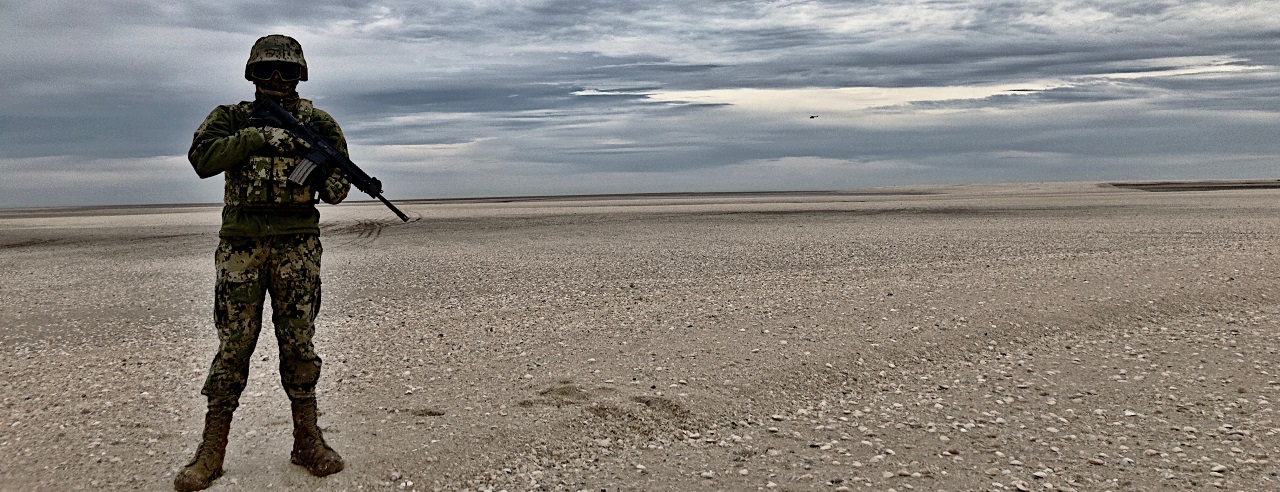
Terra Mater
At times the film can seem bleak, but there is hope that the authorities are waking up to their responsibilities. Andrea Crosta presented the Chinese government with the intelligence he had collected about Chinese nationals involved in the totoaba trade. He provided photos, phone numbers and undercover footage implicating 30 individuals. The Chinese authorities used that information to make 16 arrests and managed to prosecute 11.
“We are seeing the Chinese waking up to the cause,” says Ladkani, “and it really might be because of our film and the pressure our victory at Sundance brought. If they get to the point when they realize the trade is not worth the bad publicity for China, then they act.”
That’s the power of a well-made film.
Publiziert am 16.09.2019







